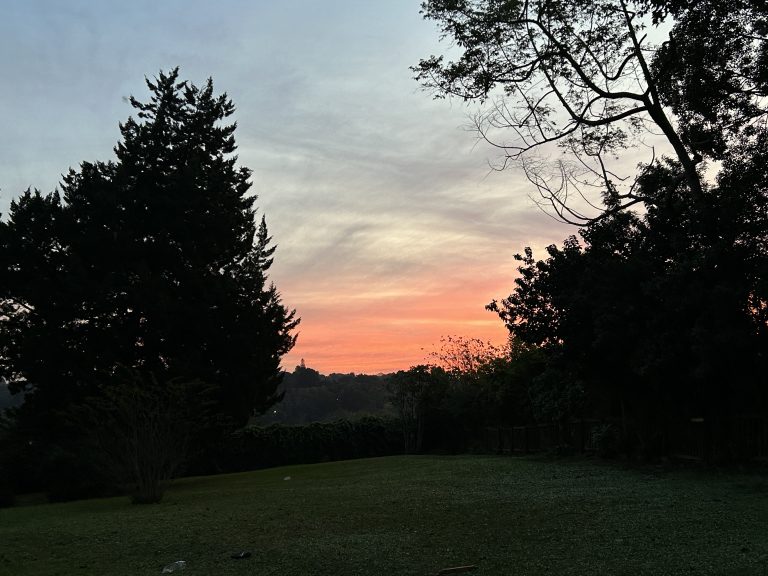Finding My Centre
Being someone who sometimes has challenges with depression and negative thoughts, I have had to learn to adapt how I see the world, how I accept the world and more importantly how to find my Centre.
For the longest time, I carried an invisible weight—one that crept in quietly, slowly dulling the brightness in my day-to-day life. At first, it was easy to shrug off: a bad day, a rough week, maybe just stress. But over time, that persistent heaviness wrapped itself around my thoughts, distorting my outlook and stealing my sense of self. That was depression, masked as fatigue and hidden behind a smile. And with it came a familiar companion: a negative mindset that fed me stories about my worth, my capabilities, and the world around me.
I want to share what it’s been like to come back from that place—to find my centre again.
Recognizing the Spiral
It started subtly. I’d lose interest in the things I once loved, cancel plans I was looking forward to, or find myself trapped in a loop of self-criticism. It’s scary how convincing your mind can be when it’s against you—how easy it becomes to believe that you’re failing, falling short, or simply not enough.
But the moment I acknowledged I was spiraling, something shifted. Awareness doesn’t solve everything, but it opens the door. And opening that door allowed me to start exploring the path back to myself.
The Journey Inward
Finding my centre wasn’t about grand gestures. It wasn’t a single breakthrough or epiphany. It was—and still is—a quiet, daily practice. Here’s what that looked like for me:
1. Slowing Down
The world moves fast, and when you’re struggling mentally, it’s tempting to keep up the pace in order to outrun your thoughts. But I began to pause—just long enough to notice how I was feeling. Journaling became a simple yet powerful tool. Just five minutes of unfiltered writing helped me acknowledge my inner chaos without judgment.
2. Rebuilding the Inner Voice
My inner critic had taken centre stage for far too long. I started challenging it—gently. I’d ask, “Would I speak to a friend the way I’m speaking to myself?” I replaced harsh thoughts with compassion, not false positivity. I didn’t lie to myself. Instead, I offered kindness: “You’re doing your best. You’re allowed to feel like this.”
3. Moving the Body, Shifting the Mind
I underestimated the connection between movement and mood. I didn’t commit to intense workouts, just small, regular walks outside. The rhythm of my steps grounded me. It reminded me that I still had control over something, even if it was just putting one foot in front of the other.
4. Seeking Support Without Shame
I reached out—to a therapist, to close friends, to those who would sit with me in silence or listen without trying to fix me. That support reminded me I wasn’t alone. Depression isolates, but connection heals.
5. Finding Meaning in the Stillness
There was beauty in moments I once rushed past: a sunrise, a quiet coffee, the feeling of my breath coming in and going out. These became anchors—reminders that not every moment is heavy, and that peace is possible, even when the storm still rumbles in the distance. I really find peace in heading out into the mountains and solo camping where I get to disconnect from the severe noise of day to day life. Nature does wonders for the soul.
Where I Am Now
I won’t pretend I have it all figured out. Some days are hard. But the difference is, now I recognize when I’m drifting and know how to come back to myself.
My centre isn’t a place of constant happiness. It’s a space within where I feel grounded, even when things are messy. It’s the version of me that speaks with honesty, embraces imperfections, and knows that being human means being both light and shadow.
If you’re in the midst of your own struggle, know this: You are not broken. You are not alone. Healing is not linear, but every small act of care you give yourself matters.
Your centre is still there. Quiet, steady, waiting for you to come home.






